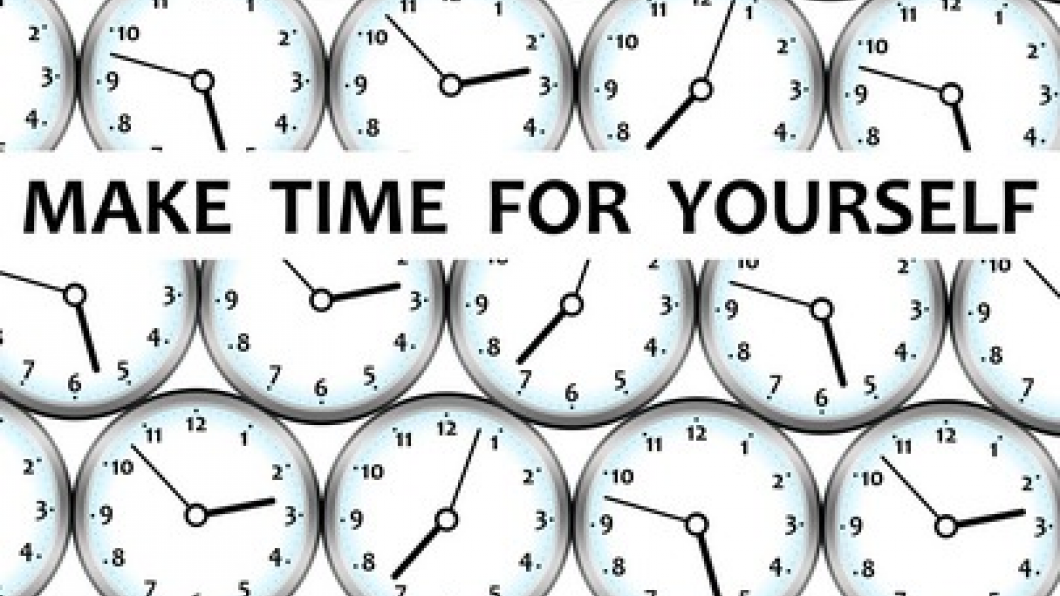
Why is it so hard?
By Louise Kinross
"Let me get this straight," my chiropractor said.
"You've had this pain in your neck and shoulders for 28 years, but you've only got $250 to fix it with?"
"Yes?" I said, with a plaintive expression on my face.
I sat on an examining table with my legs dangling in the air, like a child, and the doctor sat in front of me. I'd seen him for a series of sessions a year ago when my knees got really bad. Now my neck and shoulders, which I've had ongoing problems with, were burning.
The night before I had to lay down on my back at 7 p.m.
"It hurts too much to carry my head around," I explained to my husband, who was sitting in the other room.
Shortly after that I called out: "I can't pick up my cell phone."
"Why?"
"It's too painful. I'm lying here with nothing to do. But it hurts too much to hold up the phone."
"Do you know how pathetic that sounds?" he said.
The chiropractor had taken a video of me to show that when I thought I was sitting with my shoulders down and even, they were completely wonky: one was way up and the other way down. When he felt my spine he said it wasn't "where it should be" and he wanted me to have an x-ray.
Why had I let things go so far?
Just the week before when I saw my therapist I told her I was burnt out, even though I was taking a vacation day. "That's what you said the last time I saw you," she said.
I was into the fifth week of a very exciting research project at work: nurses from across our three inpatient units were coming together for 90 minutes a week to write and draw about their emotional reactions to working in children's rehab. I was running the groups with two amazing researchers from the University of Toronto: one the illustrator in residence of the medical school, and the other heading up a new series of humanities courses at U of T, who was also a Phd in English.
But it was something extra, on top of my regular work.
Sometimes I'd do a fantastic interview for BLOOM at work and I'd get so excited about it that I sat up late at night to finish it at home. I was also doing some personal writing at home, so after a long day of writing I'd come home with the intention of "writing" some more.
"No wonder your shoulders are hurting, hunched over like that," my husband said as I sat at the dining room table tapping at a laptop in a distinctly unergonomic fashion.
In the morning there was the ritual of putting my son's brace on his leg and pulling him up to sit on the couch at a 90 degree angle. If I didn't take the time to lift properly, I wrenched my lower back. My husband had done this one too many times and refused to do it again, so we were no longer alternating.
"You can't keep adding more and more things to your plate," the therapist said. "You're already working full out at work and with the extra demands of your family. How about for the next three weeks you don't do any writing at night? Instead, you recover. You take a nap, or you read, or go out or do something that is completely relaxing. You take care of yourself and let yourself recover."
"Three weeks?" I said, already in a panic. "I don't think I can do it for three weeks. No, that won't happen. I'm 50 years old. Time is running out. Perhaps I can tell myself that I will pick certain days when I go home and I don't do anything at night. That sounds more realistic to me."
The therapist looked at me with a sad, knowing smile.
That night I got the stomach flu, and the next day I lay in bed, unable to go to work or do anything. It took me all weekend to recover.
A few days later I was sitting at the chiropractor's, telling him my sob story about my shoulders and neck. And it was sinking in that perhaps there wasn't a quick fix to running myself into the ground like this.
Two years ago I had a similar experience of being 'forced' into slowing down when I broke my arm badly.
I know the research showing that parents of kids with disabilities have higher rates of physical and mental health problems.
When my neck and shoulders seize up, I start to project pain into the future. If it hurts this much at 50, how much worse might it get? That freaks me out, because I have to be there to care for my son. I can't afford to be out of commission.
So here I am, 20 years after my son was born, recognizing that I still haven't learned this lesson properly. You know, the one where they say if you don't take care of yourself, you can't take care of anyone else?
And I need to.